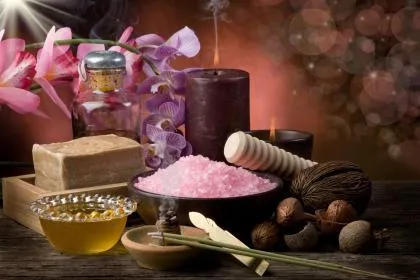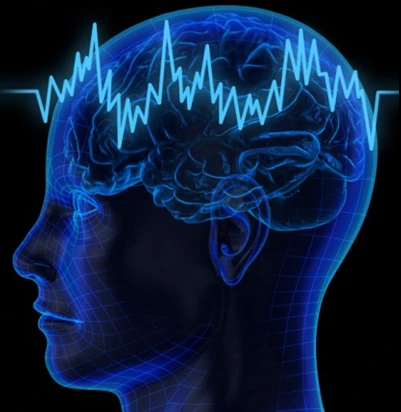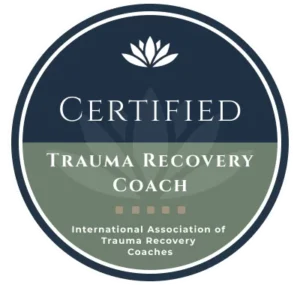- Aroma Therapy
- Massage Therapy
- Sacred Time, Sacred Space
- Tantra Sessions
- Neuro-linguistic programming (NLP)
-
Trauma Life Coaching
Aromatherapy
Aromatherapy is the practice of using essential oils for therapeutic benefit. Aromatherapy has been used for centuries. When inhaled, the scent molecules in essential oils travel from the olfactory nerves directly to the brain and especially impact the amygdala, the emotional center of the brain.
Essential oils can also be absorbed by the skin. A massage therapist might add a drop or two of wintergreen to oil to help relax tight muscles during a rubdown. A skincare company may add lavender to bath salts to create a soothing soak.


Massage Therapy
In massage therapy, a massage therapist rubs and kneads the soft tissues of your body. The soft tissues include muscle, connective tissue, tendons, ligaments and skin. The massage therapist varies the amount of pressure and movement.
Massage is part of integrative medicine. Medical centers often offer it with standard treatment. It can be used for a wide range of medical conditions.
Studies of massage benefits have found massage can:
- Help reduce stress.
- Lessen pain and muscle tightness.
- Increase relaxation.
- Improve the immune system.
Sacred Time, Sacred Space
Sacred time is pristine and archetypal; it is the time when the shape and patterns of life and the world were first established. It is therefore mythological and non-historical, history then being defined as a decline, a deviation from or the passing away of sacred time.
Both concepts of sacred space may be understood as a two-step process of settlement and sanctification. Establishing a sense of order for spiritual persons, the construction of sacred space also signifies individual experiences of personal connections to the divine. Thus, both sacred time and space are vital to authentic spiritual connection and can function to draw us into the experience of oneness.


Tantra Sessions
Healing on many levels includes approaching those wounds that are sexually based. Those are as important as every other trauma one experiences, whether physical, psychological. emotional, actual or perceived. Statistics indicate that as much as twenty-five percent of women, and seventeen percent of men, have been sexually traumatized by the age of sixteen. Another eight percent of women and three percent of men experience sexual trauma by the age twenty-five. These numbers are devastating, however not as devastating as the lingering damage one experiences from sexual trauma.
This can have life long effects on both women and men and can affect relationsips and self-esteem to the point of how we view ourselves and others in our intimate relationships. Our partnered professionals work with couples and individuals to relearn their behaviors and build trust to support functional and respectful relationships.
Neuro-linguistic programming (NLP)
As a pseudoscientific approach to communication, personal development and psychotherapy, NLP asserts that there is a connection between neurological processes, language and acquired behavioral patterns, and that these can be changed to achieve specific life goals. NLP can be understood in terms of three broad components: subjectivity, consciousness, and learning. NLP is predicated on the notion that consciousness is bifurcated into a conscious component and an unconscious component. Those subjective representations that occur outside of an individual’s awareness comprise what is referred to as the “unconscious mind”.


Trauma Recovery Coaching
Invisible wounds and healing from trauma,regardless of the type of trauma, requires support and effort. We often travel the journey alone, lacking trust in others. The following quote from Brene Brown is as clear and powerful as it gets. Our Trauma Life Coaches will support and guide you in building the bravery to walk through the darkness to reach your light.
“Owning our story can be hard but not nearly as difficult as spending our lives running from it. Embracing our vulnerabilities is risky but not nearly as dangerous as giving up on love and belonging and joy — the experiences that make us the most vulnerable. Only when we are brave enough to explore the darkness will we discover the infinite power of our light.”
― Brene Brown